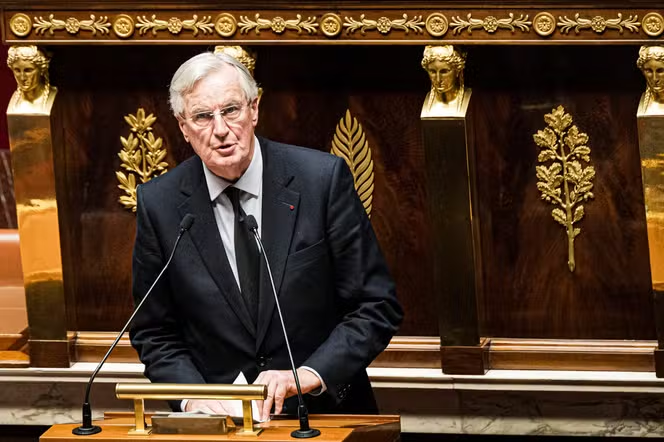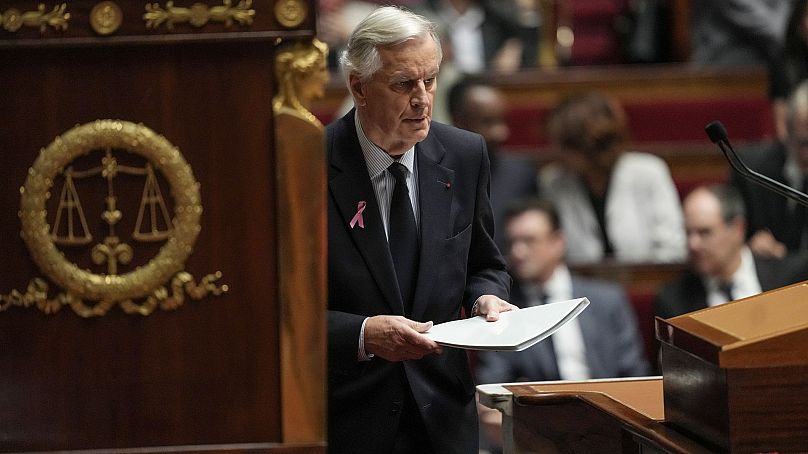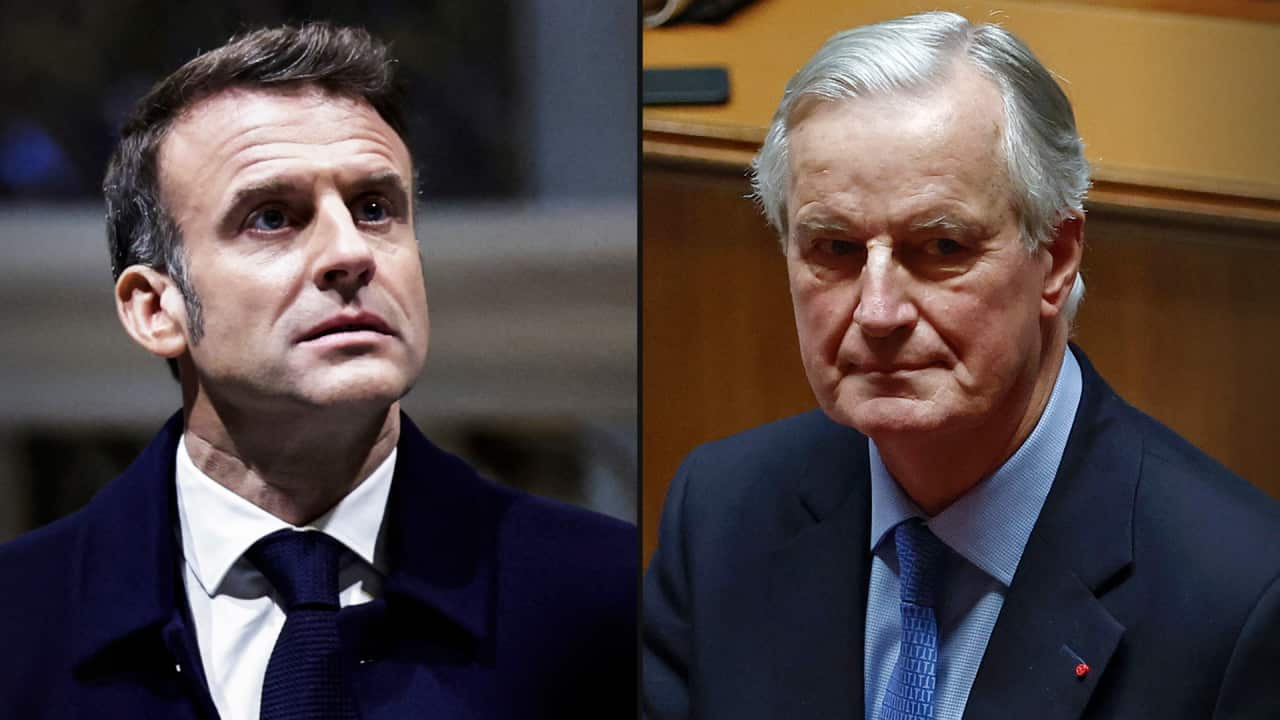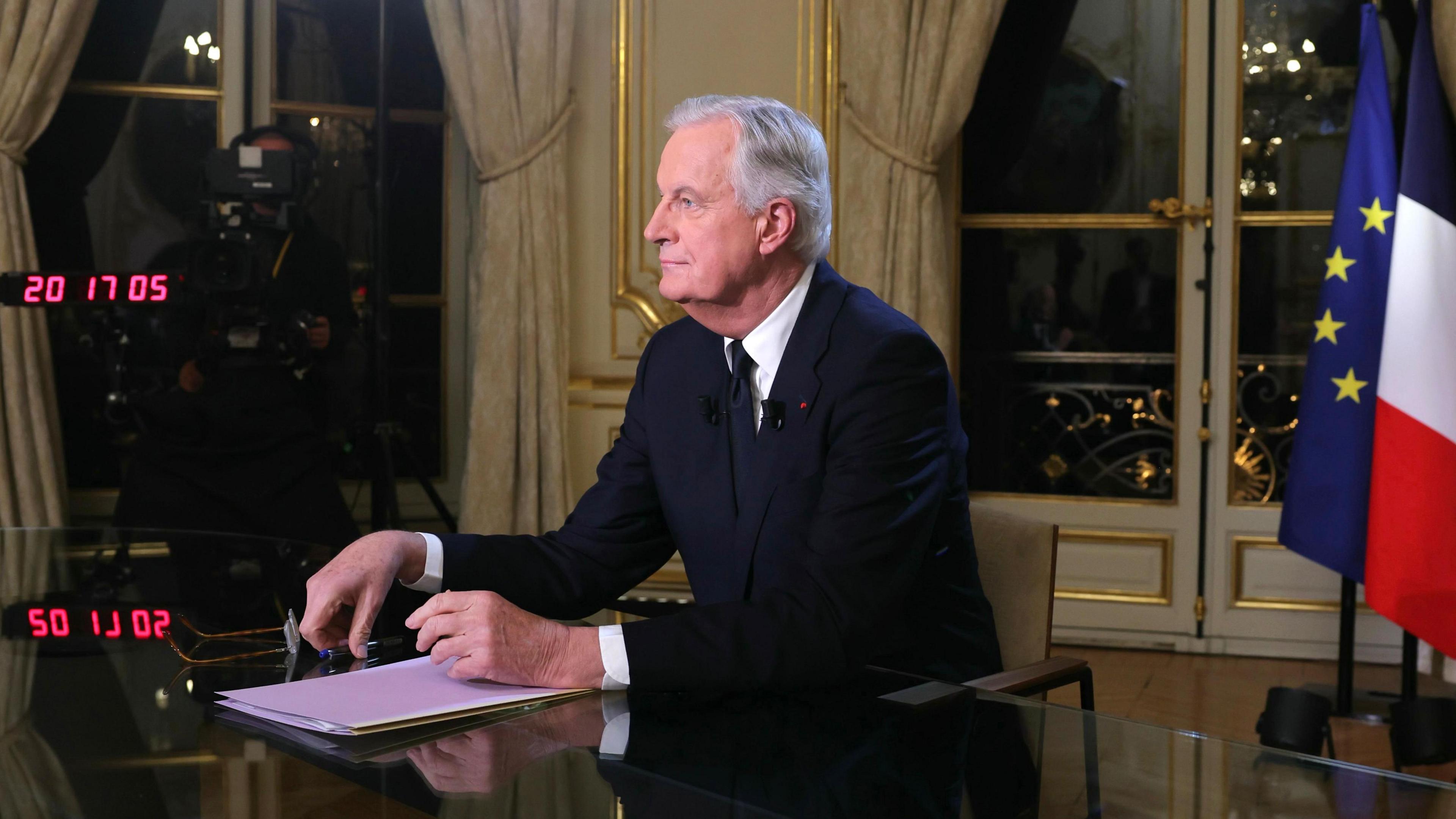
Michel Barnier’s tenure as Prime Minister of France was notably short. It lasted only 91 days, due to a combination of political instability and economic challenges. His departure was not merely a personal decision. But rather a culmination of intense political pressure and economic challenges that rendered his position untenable.
Reasons for Rapid Ousting
1. No-Confidence Vote
Barnier’s government faced a significant political challenge when a no-confidence motion was successfully passed in the National Assembly. This marked the first successful no-confidence vote against a French government since 1962. A coalition of left-wing and far-right lawmakers united to remove him. This reflects deep divisions within the parliament and a lack of support for his leadership.

2. Austerity Measures
The immediate trigger for the no-confidence vote was Barnier’s proposed 2025 budget. Which included austerity measures that many lawmakers deemed unacceptable. His plan aimed to address France’s growing public debt but was met with fierce opposition from various political factions. The budget included significant tax hikes and spending cuts, which were unpopular among both the left and right.
3. Political Fragmentation
Barnier led a minority government following snap elections resulting in a hung parliament, where no single party held a majority. This fragmentation made it difficult for him to govern effectively and secure the necessary support for his policies. His reliance on the far-right National Rally for support ultimately backfired, as they were among the key players in his ousting.
4. Economic Challenges
Economically, Barnier’s government faced significant hurdles. His proposed budget aimed to address a growing public debt. Which has surged to over 111% of France’s GDP, a level not seen since World War II. The budget included €60 billion in tax hikes and spending cuts, meeting with widespread opposition from various political factions. Critics argued that these measures were overly harsh and would exacerbate the economic struggles faced by many French citizens, particularly in light of rising poverty and factory closures.

The economic instability ruled by the political chaos, as Barnier’s failure to pass a budget by the December 21 deadline could have led to a government shutdown. This looming crisis added to the urgency of his resignation, as the government needed to stabilize both its political standing and its financial plans.
4. Legislative Challenges
Barnier attempted to push through a social security financing bill without a vote, which angered many lawmakers and provided an opportunity for his opponents to call for a no-confidence vote. His failure to navigate the legislative landscape effectively contributed to his downfall.
Role and Responsibilities of the Prime Minister
The Prime Minister of France holds a crucial role in the government, responsible for:
- Leading the Government: The Prime Minister oversees the functioning of the government and ensures that policies are implemented effectively.
- Budget Management: They are tasked with proposing the national budget and managing public finances, a responsibility that Barnier struggled with amid opposition.
- Legislative Leadership: The Prime Minister must navigate the complexities of the National Assembly, securing support for legislation and managing political alliances.
- Crisis Management: In times of political or economic turmoil, the Prime Minister must provide stability and direction, a challenge Barnier faced but ultimately failed to meet.

In summary, Michel Barnier‘s short time as Prime Minister was primarily due to a combination of political instability, unpopular economic policies, and the challenges of leading a minority government in a fragmented parliament. His resignation reflects the complexities of governing in France’s current political climate.
Read more on Lifetips.blog













